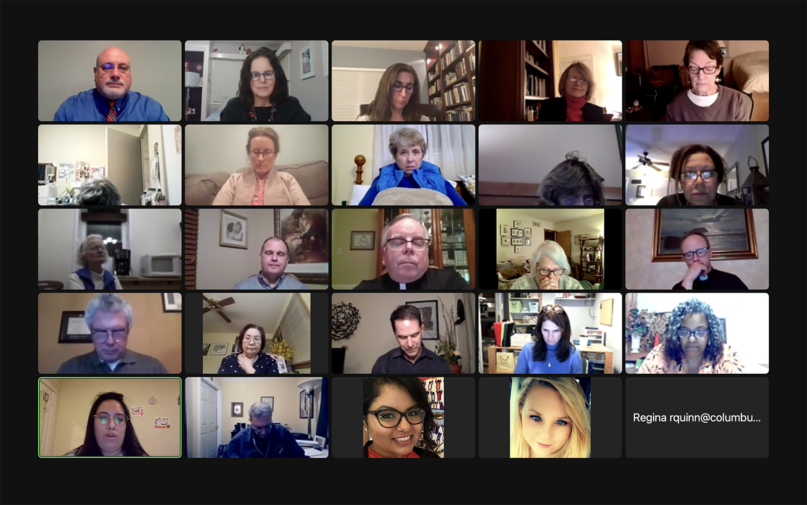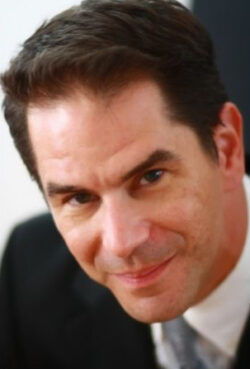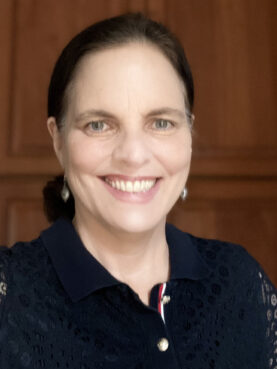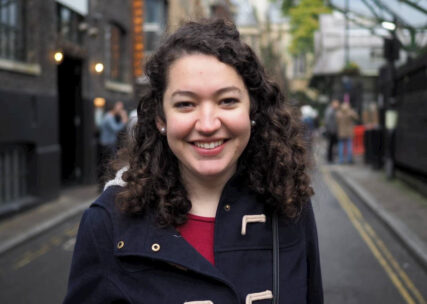(RNS) — When Pope Francis announced the Synod on Synodality, Robert Choiniere, a lay minister, said, “This is the thing I’ve been waiting for.”
If the phrase “Synod on Synodality” fails to strike similar reverberations in your soul, you’re not alone. The synod has seemingly failed to grab the attention of American Catholics, for reasons both worldly and ecclesiastical.
First, Francis announced the synod on March 7, 2020 — four days before the World Health Organization declared the novel coronavirus a pandemic. A global lockdown soon put every other reality on pause.
Second, to the common churchgoer, “synod” is a bit of a foggy concept. Greek for walking or journeying together, the term usually refers to a meeting of bishops, sometimes to reflect on a given theme, such as 2019’s Synod on the Pan-Amazonian Region in Rome, and generally to discuss matters of doctrine.
RELATED: Pope Francis is asking the US bishops to listen to the people. Will they?
But Francis sees the synod as a way of life for the whole church. “It is precisely this path of synodality which God expects of the Church in the third millennium,” say the preparatory documents the Vatican released in October. The goal of the Synod on Synodality is not to produce a final declaration but to engage the global Catholic Church in a process of discernment. As the bumper sticker says, it’s the journey, not the destination.
“It’s about laying track,” said Choiniere, director of adult formation at the Jesuit parish of St. Francis Xavier in Manhattan. Choiniere and his fellow organizers emphasize that the synod is about examining how the church operates as an institution and as a community and how it makes decisions.
“It’s not a process in order to create a new document, but rather a process of formation,” said Choiniere. “The heart of the matter is all process.”
Choiniere is a veteran of diocesan processes from West Virginia to Brooklyn and knows, he said, that the discernment Francis is asking of the laity will take work. And, he said, he’s under no misconceptions about where this process is falling on bishops’ list of priorities.
“I’ve been privy to diocesan consultations of the laity on the inside. I’ve seen entire consultations dismissed before,” said Choiniere.
He recalls bringing an entire diocese’s worth of listening sessions on same-sex marriage to the bishop, simply to have them brushed aside in favor of “church teaching.” He sees this as diametrically opposed to their role as shepherds. “Their job description as bishop is to be this conduit,” he added.
Choiniere is nevertheless sympathetic, knowing that complex projects such as a network of global conversations often depend on the labor of dedicated and overworked staff.
“I know what it’s like to be working in a diocese and feel like you have yet another program to implement,” he said.
Diocesan coordinators for these synod listening sessions confirm that it’s a lot of work. “If you’re going to coordinate something like this, it’s not falling from the sky,” said Sister Donna Ciangio, chancellor of the Diocese of Newark, in New Jersey. “We have so much work, I can’t imagine what the other dioceses are doing.”
Recognizing that the usual obstacles could kneecap the synod process, Choiniere is helping laity across the country engage in the first stage — the diocesan sharing period, in which Francis has asked the people of God to share their experiences of church and their hopes for the synod.
In September 2021, Choiniere launched the website Synod Meetings, a crowdsourced clearinghouse for meetings scheduled in parishes around the United States. The website lists hundreds of national and local meetings throughout the country. If there are no meetings scheduled in an episcopal see, the website prompts seekers to reach out to their diocese and to submit whatever information they uncover.
Choiniere was surprised to see that most dioceses haven’t aggregated parish meetings and advertised them clearly and accessibly on their websites. “Don’t you want people to attend? Do you want people on the margins to come?” he wondered.
Choiniere also piloted a program of synod trainings last fall in the Diocese of Trenton. Trenton’s diocesan chancellor, Terry Ginther, was familiar with Choiniere’s previous work and invited him to teach Trenton’s conversation facilitators the spiritual conversation method.
Choiniere wants parishes to have the tools they need to make hard conversations go well, rather than turning into partisan food fights over hot-button issues.
He also enlisted Francis’ order, the Jesuits, to help, partnering with the Jesuit Conference of Canada and the United States to offer trainings for dioceses, students and anyone interested in infusing their parish with a spirit of synodality based on the trainings in Trenton.
These national trainings kicked off on Feb. 8 with a session of 30 attendees. The participants, who ranged in age from 30 to 75 and hailed from Ohio to New Jersey, were led through an opening prayer and the ground rules. They then split into small groups to share their joys and challenges as a member of the church, to share what they heard from other people in the group, and to articulate what they hoped would change.
Choiniere is leading the trainings with Ann Marie Brennan, a promoter for the Christian Life Community, an international group of lay men and women dedicated to living out the Jesuit “charism,” or mission.
“The Jesuits have a gift of discernment,” said Brennan. “It’s so needed in our church and needed in our world,” she added.
Brennan said Christian Life Community’s leadership was involved in the synod on the Amazon, and they’ve been training parish members to “discern where the spirit is in each of our lives,” she said. “The process of spiritual conversations is a way to do that.”
“People are hungering for safe spaces. People want a space to share those sacred stories,” said Brennan.
The Rev. Jim Grogan is a father of three who was ordained a priest in 2015 for the Diocese of Trenton after his wife passed away from cancer. Grogan said the listening sessions have given him new insight into what’s happening in the hearts and lives of his parishioners — what they need and what they’re not getting from church. “If before the pandemic, only 20% of the church came to church regularly, we need to do better than that,” Grogan said.
RELATED: In reforming the priesthood, Pope Francis insists on middle ground
Amirah Orozco was a graduate student at Boston College when Choiniere asked her to lead a Spanish-speaking training in Trenton last fall. She is now leading listening sessions with Spanish speakers and young adults as a campus minister at Dominican University in Chicago. When Orozco first heard about the trainings, she thought, “These trainings should be coming out of the diocese,” she said.
But, to Orozco, the synod process of encounter, listening and discernment together is a mandate for the laity. “It’s a demand of Rome,” she said.
And if the institutional shepherds of the church aren’t going to do anything, someone else can fill that role. As Orozco sees it, “It’s not like, we’re asking, ‘Oh, holy priest of mine, can we please do the synod?’ It’s ‘We’re doing the synod, and you can either do it with us or step aside.’”
Editor’s note: This post has been updated to correct the spelling of Sister Donna Ciangio.








